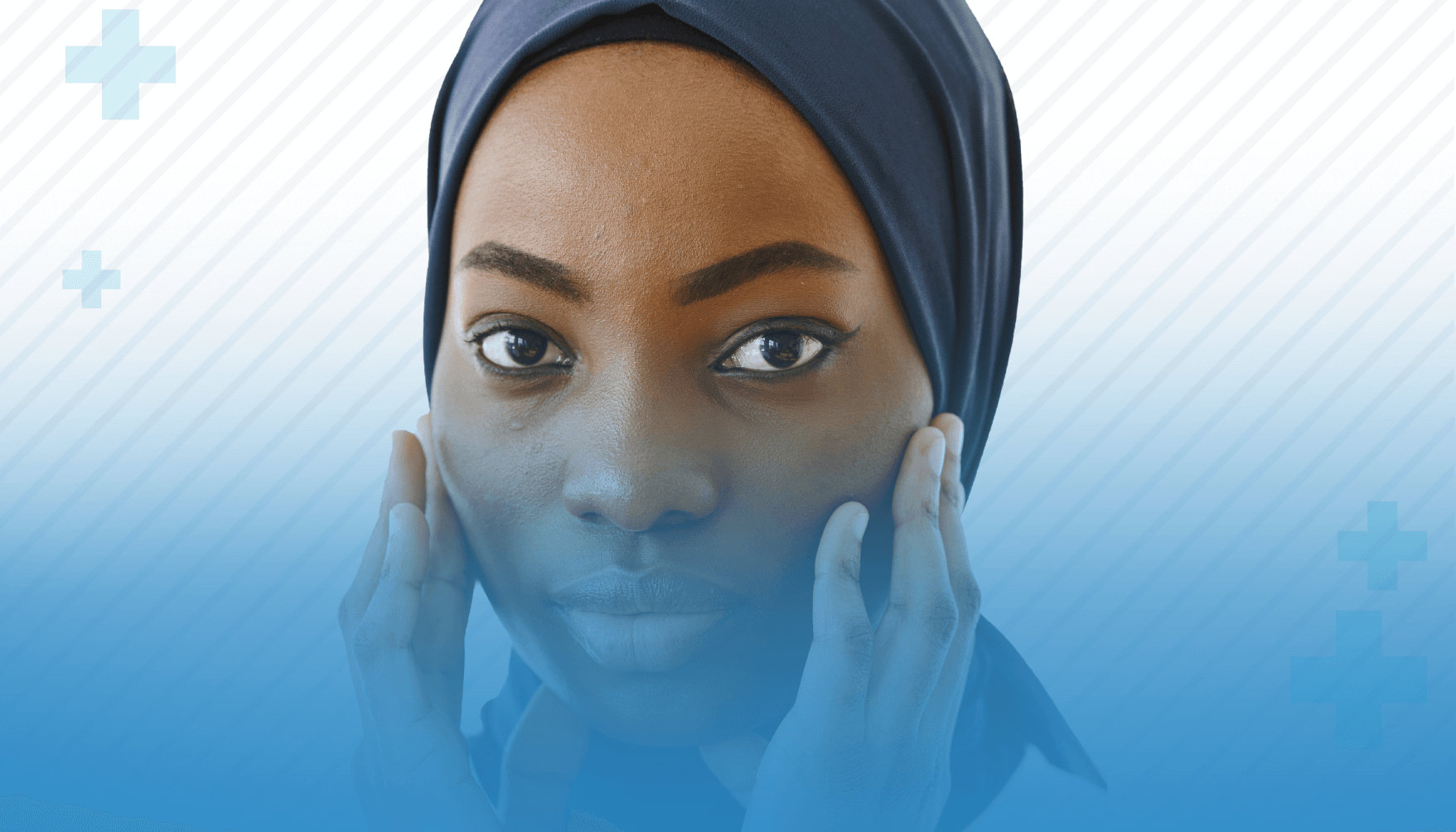Dermatologist
Dermatologists: Helping You Achieve Good Skin Health
The skin is the body's largest organ, and it plays a crucial role in protecting the body from external threats. As such, it is important to maintain good skin health, and dermatologists can help individuals achieve this goal.
Dermatology is a medical specialty that focuses on the diagnosis, treatment, and prevention of conditions affecting the skin, hair, nails, and mucous membranes. Dermatologists are medical doctors who specialize in this field and are trained to address a wide range of skin-related issues.
What a Dermatologist does
A dermatologist is a medical doctor who specializes in diagnosing and treating conditions related to the skin, hair, nails, and mucous membranes. They are trained to provide both medical and surgical treatment for a wide range of dermatological conditions.
Dermatologists diagnose and treat a wide range of conditions, including:
-
Hair and scalp disorders: Including hair loss (alopecia), dandruff, and scalp infections.
- Skin disorders: Dermatologists diagnose and treat various skin conditions such as acne, eczema, psoriasis, dermatitis, rosacea, skin infections, and skin cancer. They may perform physical examinations, order laboratory tests, and recommend appropriate treatments, including medications, topical creams, or surgical procedures.
- Nail conditions: Such as fungal infections, ingrown nails, and nail abnormalities.
- Cosmetic Dermatology Dermatologists may offer cosmetic procedures to improve the appearance of the skin. This may include treatments like Botox injections, dermal fillers, chemical peels, laser therapy, microdermabrasion, and other skin rejuvenation
- Skin Cancer Screening and Treatment:Dermatologists play a crucial role in identifying and treating skin cancers, including melanoma, basal cell carcinoma, and squamous cell carcinoma. They perform skin examinations, biopsies, and surgical excisions to remove cancerous growths.
- Pediatric Dermatology: Some dermatologists specialize in treating skin conditions in children. They address issues like diaper rash, eczema, birthmarks, genetic skin disorders, and other pediatric dermatological conditions.
- Allergy and Immunologic Skin Disorders: Dermatologists can help diagnose and manage skin conditions related to allergies and immune system disorders, such as hives (urticaria), contact dermatitis, and autoimmune skin diseases like lupus or pemphigus.

